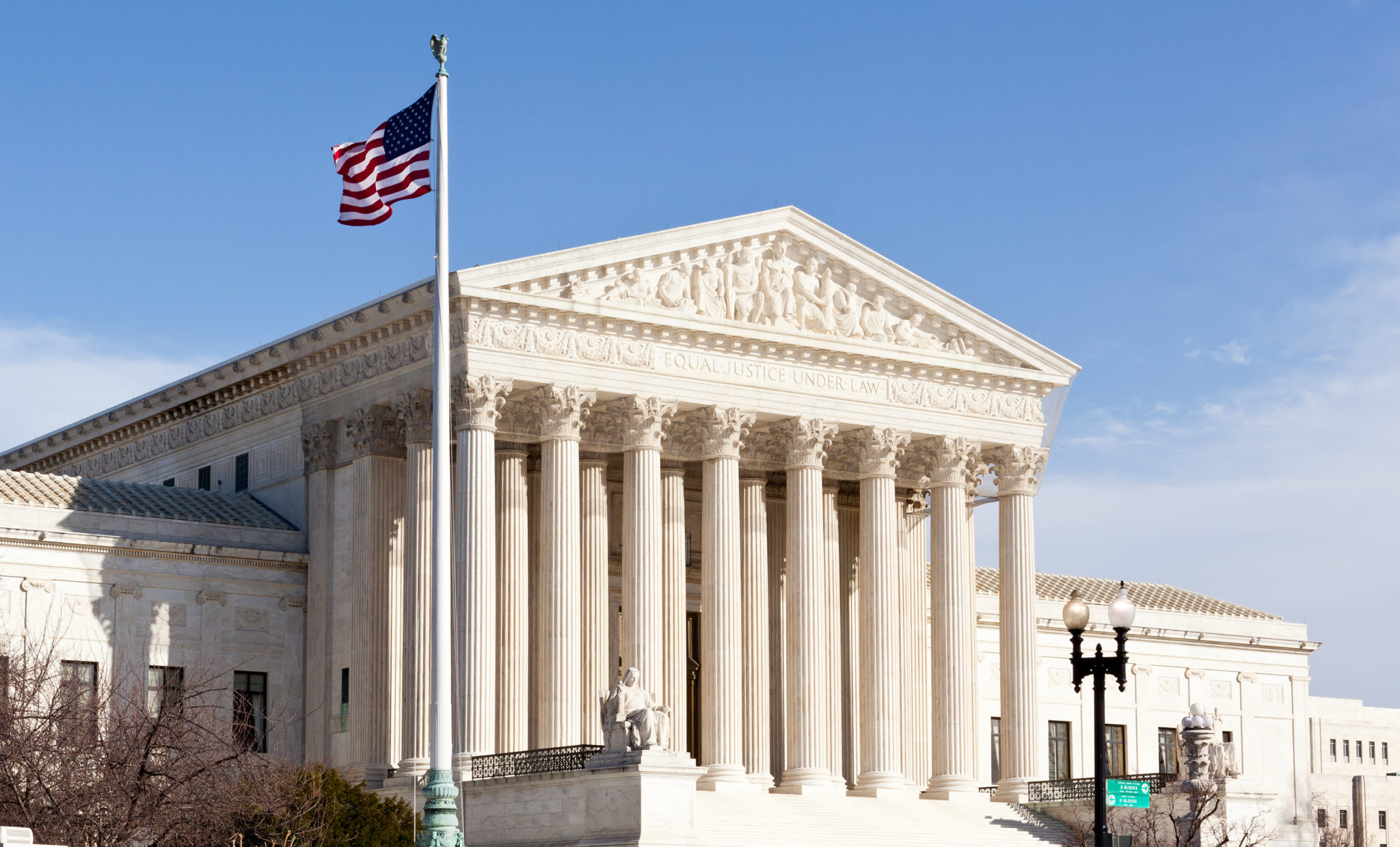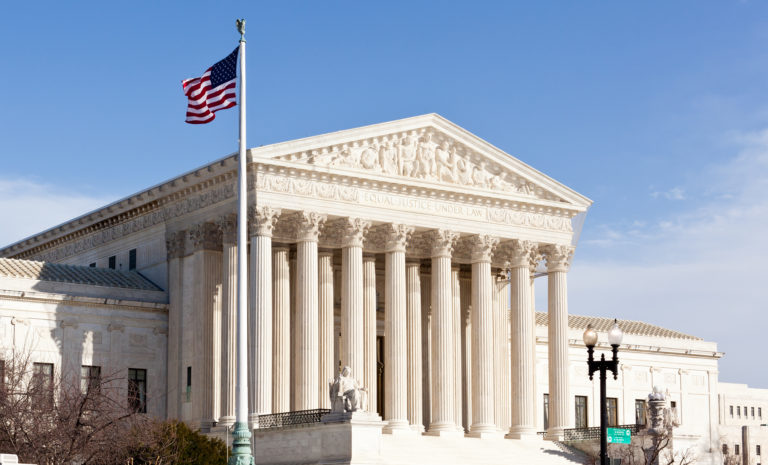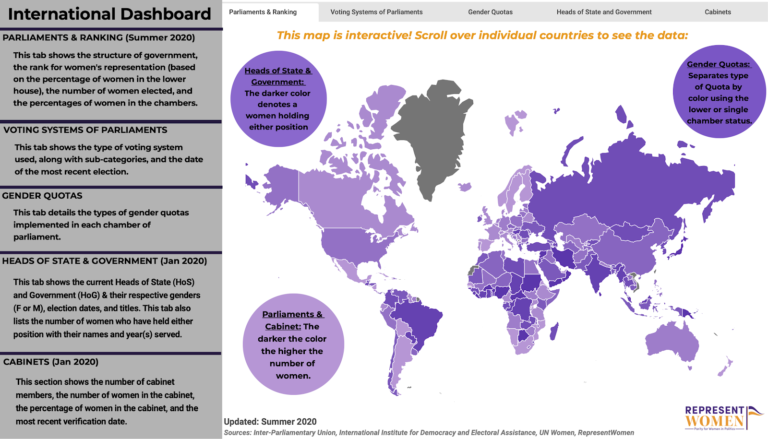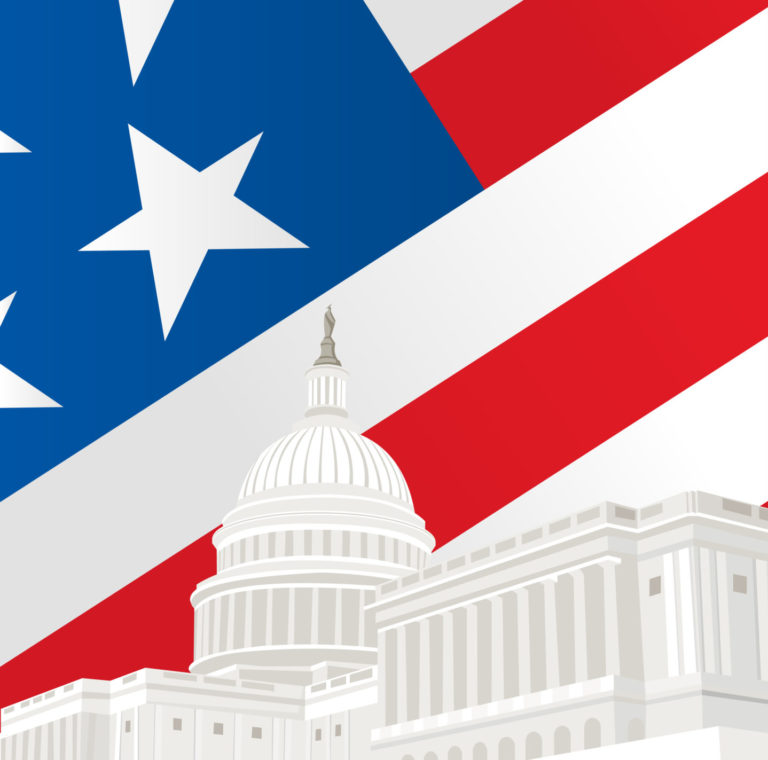Nearly two months after the overturning of Roe v. Wade, there seem to be…
Navigating A Patchwork Post-Roe World: Part II

This is Part II in our two-part series on the basics of the post-Roe landscape. Read Part I here.
The Kansas Constitutional Amendment Vote:
On August 2, 2022, Kansas voters rejected (59% to 41%) a proposal for a state constitutional amendment that would have eliminated the right to an abortion as decided by the state supreme court. The win, in Republican controlled Kansas, was a surprise for some abortion advocates, but a decisive comment on how Americans view abortion rights in a post-Roe world.
As the first state to vote on the matter since the Dobbs ruling, analysts believe that the vote can be viewed as a litmus test for how similar votes in other states may play out. The NY Times reported that the “vote implies that around 65 percent of voters nationwide would reject a similar initiative to roll back abortion rights.” The election also indicates that abortion-related issues may galvanize Democratic voters to turn out in record numbers in upcoming elections.
This is particularly important for the 2022 general election as a record high seven states could see abortion-related issues are on the ballot. So far, states such as Vermont and California are putting forward constitutional amendments that would cement the right to an abortion, while other states such as Kentucky are voting on whether or not anti-abortion laws could be protected against legal challenges. Similarly, Montana voters will be asked whether they want to approve a state law requiring the protection of infants born after late-term abortions despite state law already stating that infanticide is illegal. Both Michigan and Colorado are seeing active campaigns to get the issue on the ballot in November.
Remaining Questions:
Justice Clarence Thomas’s Concurring Opinion on Dobbs:
The Thomas concurring opinion remains at the center of questions for many activists and advocates involved in civics work. Most notably, Justice Thomas wrote that the Court “should reconsider” their past rulings on cases that also consider the right to privacy. These rulings established fundamental rights in the U.S., including the right to contraception (Griswold v. Connecticut, 1965), same-sex relationships (Lawrence v. Texas, 2003) and same-sex marriage (Obergefell v. Hodges, 2015). To call these judicial precedents into question could indicate the direction of the Court in the coming years. Furthermore, cases not mentioned by Thomas such as Loving v. Virginia, which established a constitutional right to interracial marriage, also rely on the 14th amendment due process frameworks.
Comments from Senator Ted Cruz (R-TX) have further cemented concerns that same-sex marriage could be struck down. Senator Cruz argued that the Obergefell precedent was “clearly wrong.”
Data Security & The Right to Privacy:
Advocates have raised another concern that was not addressed in the Dobbs case: data security and privacy. Concerns continue to mount over whether a company would turn over customers’ or employees’ private health data to government officials in states where limits on abortions are most restrictive. Advocates have vocalized anxieties that police and other enforcement agencies will utilize this data in cases against women who receive abortions. In early July, Google announced that their systems will automatically delete location data for users who have been identified as having visited medical facilities such as abortion clinics, fertility centers, and domestic violence shelters.
White House officials have recommended that Americans delete these health apps as a preventative measure. Director Klein has noted that individuals using these apps should be “really careful.” The Department of Health and Human Services has also pointed to their guidelines on how people can protect their data privacy.
Further Implications:
Analysts have also highlighted that the Dobbs decision could have implications beyond abortion, including questions on the legality of medication abortions, the Plan B pill, and treatment for other reproductive needs such as I.V.F., ectopic pregnancies, and miscarriages.
References and Further Reading:
NY Times: The Dobbs v. Jackson decision annotated
NBC Chicago: What is the 14th Amendment and How is it Connected to Abortion Rights
NY Times: Tracking the States Where Abortion is Now Banned
AP News: Supreme Court Ruling Prompts Variety of Reactions From States
NPR: The Supreme Court Majority and Dissent Opinions on Dobbs Reveal a Massive Schism






